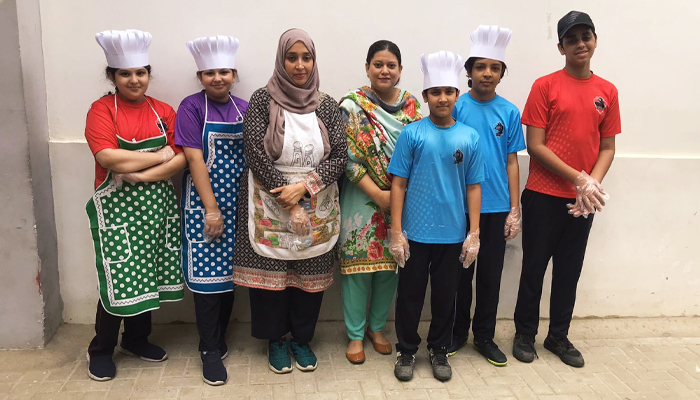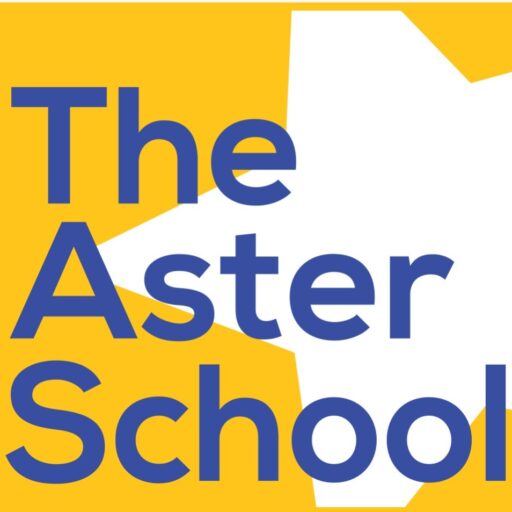Apart from academics, we offer a variety of modules that students can choose from Grade 1 onwards, based on their interests.
The modules include:
Aster Entrepreneurs
Students who opt for this module are taught the basics of becoming an entrepreneur, and business ethics, and are given real-life projects where they innovate with unique business ideas, design, create and run the business model.
Our students took an active part in setting up a food stall at the TDF Magnificence Children’s Market. They also are yearly participants in the International School Enterprise Challenge and much more.
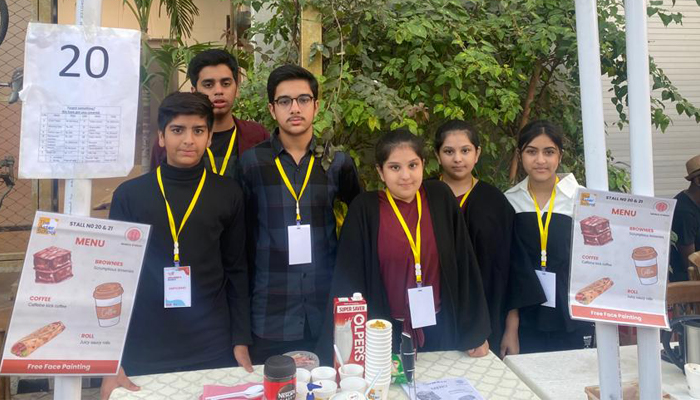
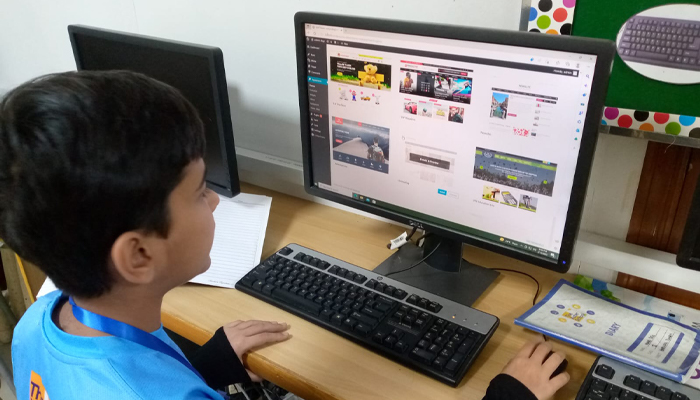
Graphic Design
This module helps children learn the art of visual communication and explore the power of creativity. They learn how to create logos, illustrations, posters, typography, and more by mastering Photoshop, Illustrator & InDesign.
Graphic Design
This module helps children learn the art of visual communication and explore the power of creativity. They learn how to create logos, illustrations, posters, typography, and more by mastering Photoshop, Illustrator & InDesign.

Freelancing
Students in this module are taught the fundamentals of freelancing, how to identify their interest niches, what training they will need, how to create the most effective profiles for freelancing websites, and how they can navigate professionally and take the first step toward their career goals. They also take part in global competitions, where they design business models and run demos to gain essential experience
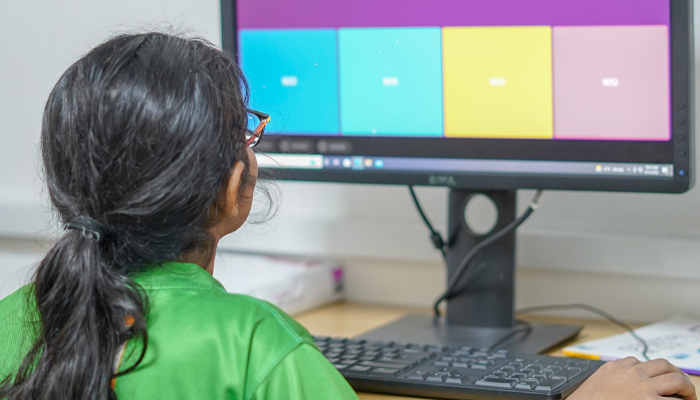
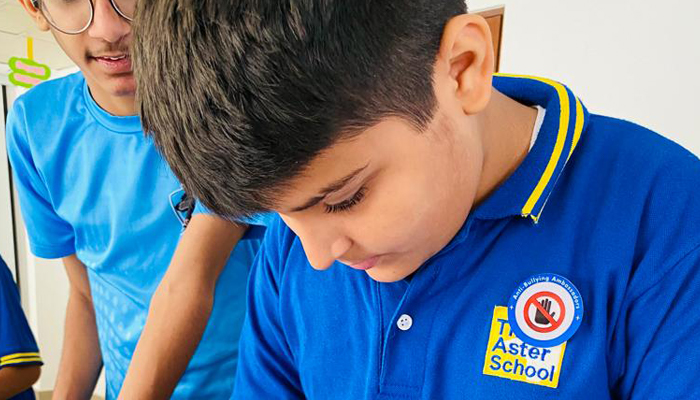
STEAM
Following our mission of inquiry-based learning, we offer STEAM as a module. It develops critical thinking and problem-solving, teamwork skills, taps into curiosity, and also helps students decide their future subject interests.
An important part of the STEAM educational approach at Aster is that students are not just taught the subject matter, but they are taught how to learn, how to ask questions, how to experiment, and how to create.
STEAM
Following our mission of inquiry-based learning, we offer STEAM as a module. It develops critical thinking and problem-solving, teamwork skills, taps into curiosity, and also helps students decide their future subject interests.
An important part of the STEAM educational approach at Aster is that students are not just taught the subject matter, but they are taught how to learn, how to ask questions, how to experiment, and how to create.

Arts & Crafts
In an era where digital screens dominate our lives, the arts offer a sanctuary—a place of respite and contemplation. The Arts & Crafts module allows our children to detach from the virtual world and reconnect with the tangible and sensory experiences that nourish the soul.
In the act of creating, they tap into their innermost selves, finding solace, joy, and a sense of accomplishment that transcends the boundaries of time and place.
The artwork is displayed in the class and on bulletin boards to develop a sense of accomplishment and pride.
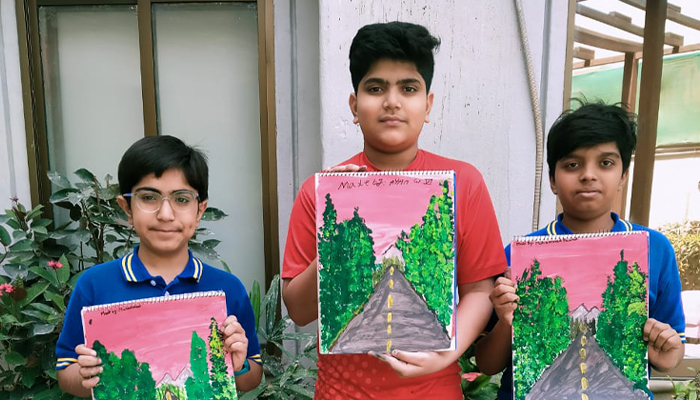
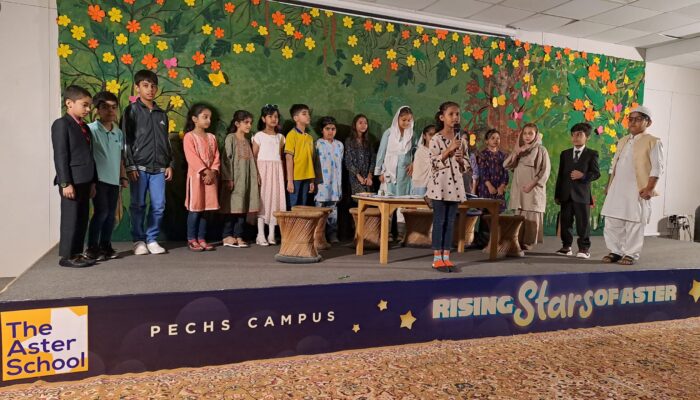
Drama Club
Drama ignites the spark of creativity within our students, prompting them to think and act outside the box. As they engage in dramatic activities, they tap into their imagination and explore innovative solutions, honing their critical thinking and problem-solving skills.
These skills transcend the boundaries of drama and find applications in all areas of learning, equipping them with the tools they need to navigate the complexities of life with confidence and ingenuity.
We hold annual plays and performances in which every student of a class is given roles to act in, no one is left behind. We pay extra attention to those who need an extra boost of confidence to come forward. Rising Stars of Aster was a smashing hit because of our drama module.
Drama Club
Drama ignites the spark of creativity within our students, prompting them to think and act outside the box. As they engage in dramatic activities, they tap into their imagination and explore innovative solutions, honing their critical thinking and problem-solving skills.
These skills transcend the boundaries of drama and find applications in all areas of learning, equipping them with the tools they need to navigate the complexities of life with confidence and ingenuity.
We hold annual plays and performances in which every student of a class is given roles to act in, no one is left behind. We pay extra attention to those who need an extra boost of confidence to come forward. Rising Stars of Aster was a smashing hit because of our drama module.

Cooking up a Storm
We have introduced cooking as a module at Aster because we strongly believe that cooking with children in schools promotes the lifetime skill of healthy eating at a young age. Through the act of counting, weighing, measuring, and tracking time, our young learners experience the tangible connection between math and everyday life. Each child is entrusted with a specific task, contributing to the meal preparation and cleanup process. Later, the meal is enjoyed with friends and teachers, making the process an enjoyable moment.
